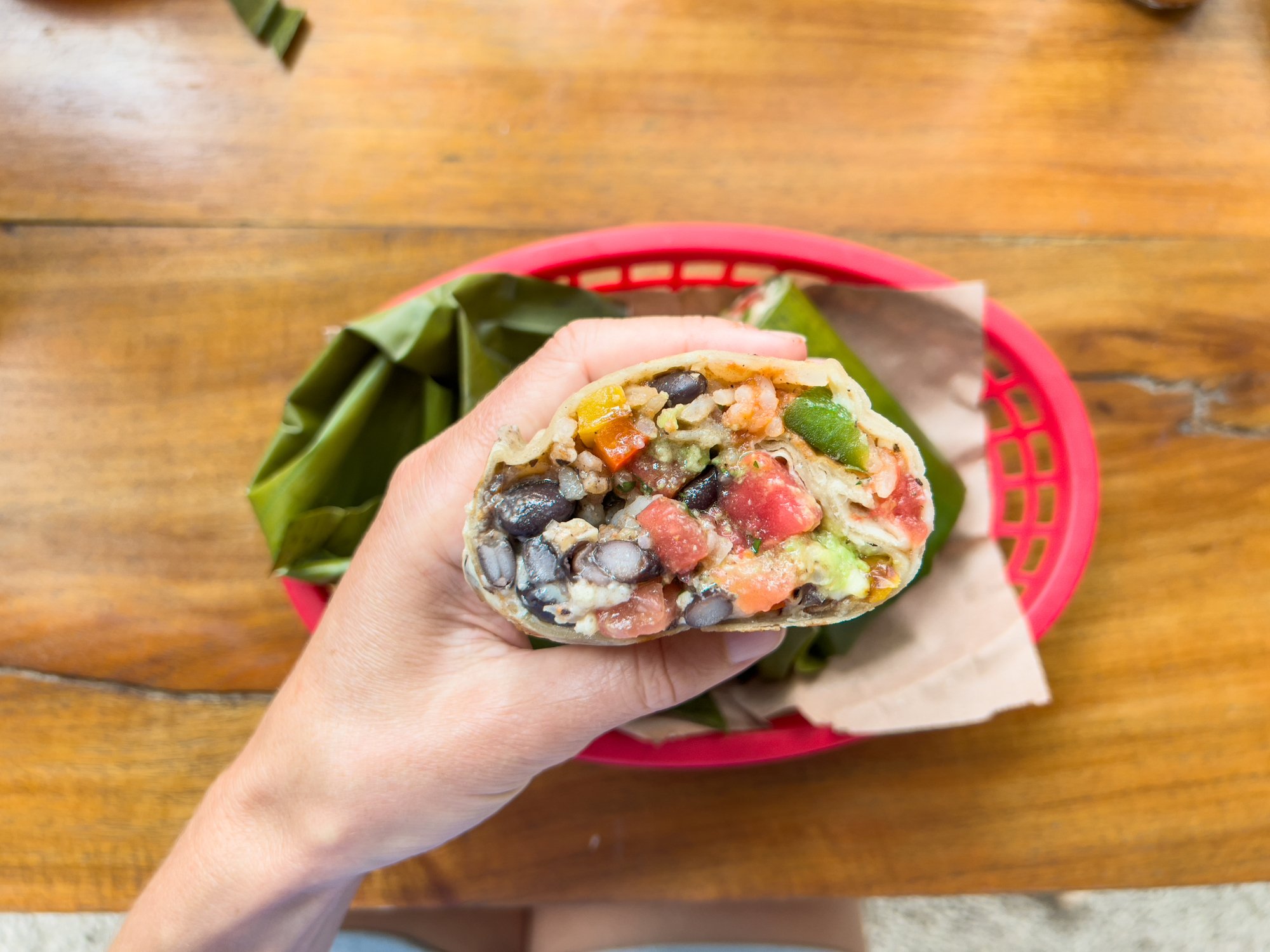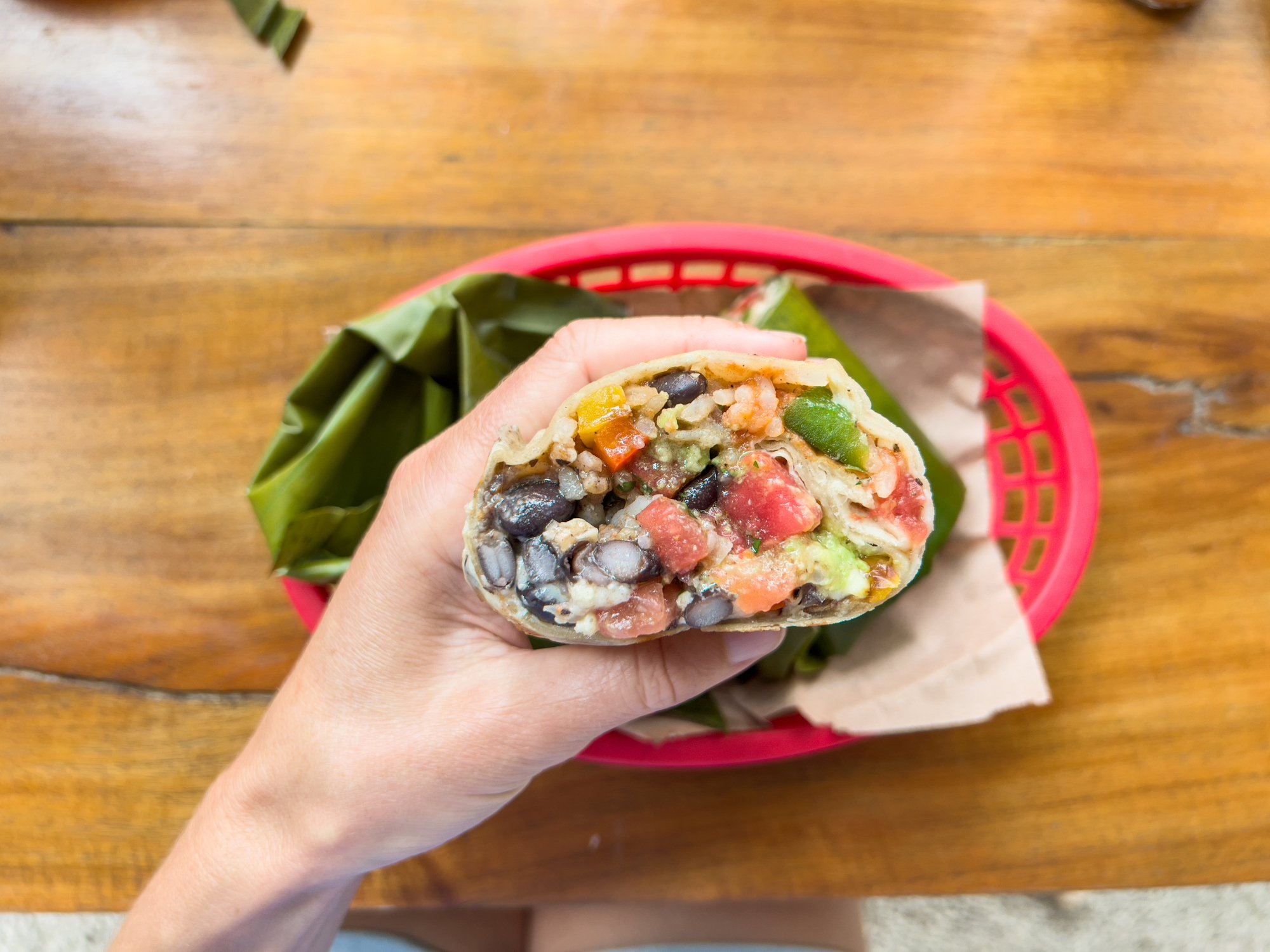In this segment from the Industry Focus: Consumer Goods podcast, Vincent Shen and Asit Sharma talk about a critical part of Chipotle Mexican Grill's (CMG 1.40%) operations that doesn't get much coverage: the company's inventory conversion rate.
The management of inventory is crucial to the success of restaurants. If an establishment or chain builds up too much, it risks tying up capital that can be used for other purposes. If it doesn't sock away enough, it might not have a sufficient supply of ingredients for menu items.
Find out why it's been harder for Chipotle to manage its inventory since its recent food safety issues, why it's set up to absorb these losses, and in what circumstances inventory would become a bigger concern.
A transcript follows the video.
This podcast was recorded on May 24, 2016.
Vincent Shen: I guess going off of that long-term view that you mentioned, and it's something that struck me as well, was the idea, last week we talked a little bit about inventory, how companies try and minimize the time they hold inventory on hand, convert that in cash or revenue as quickly as possible so they can invest it into other projects and get better returns. A process here that with a lot of these new safety initiatives, it seems like there's some added hand-offs for their inventory, essentially their ingredients for their burritos and their other menu offerings. How much do you feel like that is potentially adding to longer-term cost and affecting their margins, or do you think this is something where longer-term, they need to get people back in their restaurants, to stay loyal to that mission, and then the rest will sort itself out?
Asit Sharma: Chipotle's always been very good at handling food costs. They used to be good at handling labor costs. I'm ribbing them a little bit, they still are very good at handling labor costs. The problem is that now you have a fully staffed restaurant that's waiting for customers to come in. When you look at Chipotle's restaurant margins, that's the direct cost they incur, the biggest portion of that is the labor cost. The food cost has suffered as well, so we're seeing that inventory moving a little more slowly because, No. 1, it's waiting for customers to come in and take it away. But No. 2, there are these hand-offs that you mentioned, and if you picture a funnel, inventory as a funnel, any time you have a bottleneck, you're building cost in your system.
These food kitchens, if you look at it as a finance thing or an accounting thing, these food preps, multiple food preps, the central kitchens, they represent bottlenecks in Chipotle's system. Chipotle is trying to move those as quickly as possible, as efficiently as possible, but at the end of the day, what they need is for that throughput to return, for the lines going out the door, and for them to be focused on how fast we move a customer once they come in through our door, move them through the line, get them paid, and let them get on with their day. That's something that will take care of itself. If they could get back to that, the inventory will move. But it's not a huge issue for them, because as I said, they're pretty good at handling the inventory; they can allow some of that to build on their balance sheet. It won't be too much of an issue.
Now, there's a caveat, here. That's -- which every stockholder fears -- if there's another food scare that will hurt them in terms of inventory, because their food waste will skyrocket in that instance. Whenever you have an incident like this, forget about what's called shrinkage, which is minimal food waste. They'll have a lot of food waste, because they'll have to go back to the drawing board. It will be terrible for their inventory balance on their balance sheet. I think they're behind that, but you never know, and that's the risk in holding the stock. We still won't know until time passes, that there's not one more scare in 2016. Those prospects are diminishing, but they're still there.





